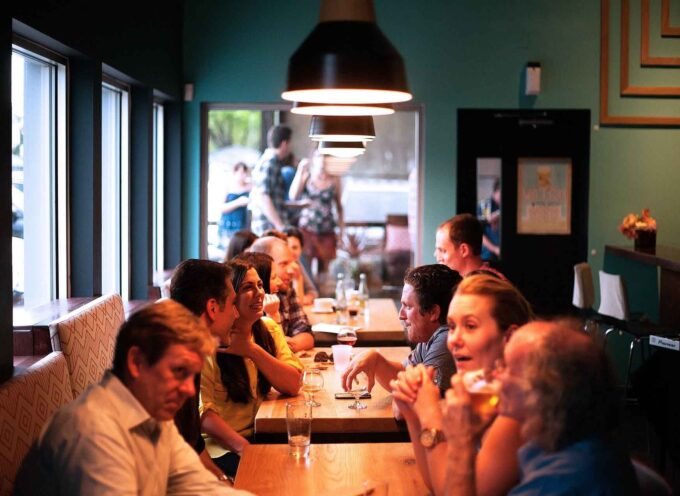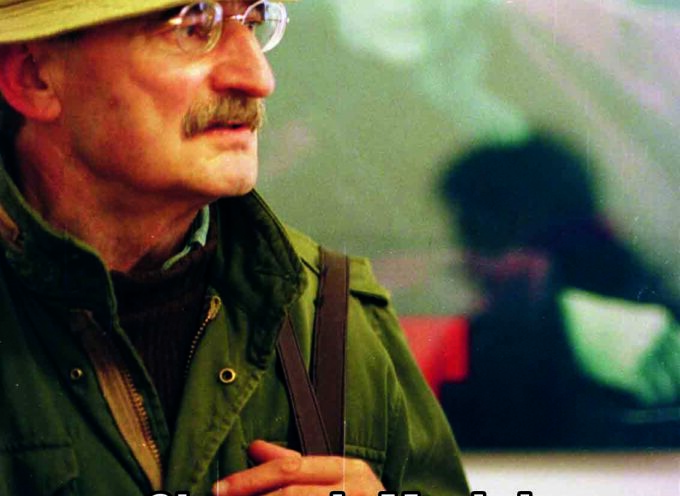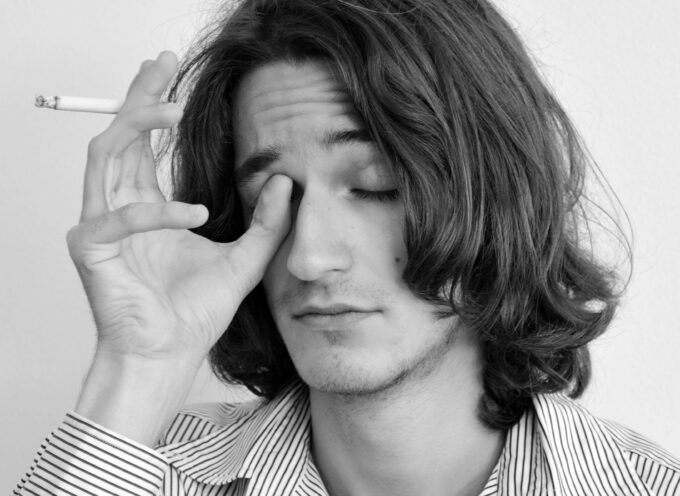ANGIELSKI
Zasady tworzenia czasu Simple Past Zdania twierdzące W przypadku czasowników regularnych dodajemy do ich formy podstawowej końcówkę -ed (jeśli czasownik zakończony jest na spółgłoskę) lub końcówkę -d (jeśli ostatnią literą w formie podstawowej jest –e). Tak więc ogólny schemat to: They walked along the street. Szli ulicą. She smiled at him at that moment. W tamtym momencie się do niego uśmiechnęła. W przypadku gdy podstawowa forma czasownika kończy się samogłoską
Czas przyszły ciągły („future continuous”) odnosi się do przyszłości, opisując zdarzenia, które będą miały w niej miejsce przez pewien czas. Oto jego podstawowa struktura: podmiot + will + be + czasownik z końcówką -ing I’ll be doing my homework today. Dziś będę odrabiać moje zadanie domowe. I’ll be travelling all night. Będę podróżować całą noc. Pytania Pytania w czasie przyszłym ciągłym tworzymy w następujący sposób: will + podmiot + be
Czas teraźniejszy ciągły (present continuous) tworzy się poprzez dodanie do odmiennego czasownika posiłkowego be czasownika głównego w formie ciągłej -ing (która nie podlega odmianie). Schemat, według którego tworzymy zdania w czasie present continuous, wygląda następująco: Zdania twierdzące Podmiot + czasownik posiłkowy be w odpowiedniej formie (am/ is/ are) + czasownik z końcówką -ing, np.: I am buying. (Kupuję.) Zdania przeczące Podmiot + czasownik posiłkowy „be” w odpowiedniej formie (am/ is/ are) + not + czasownik
Przy remoncie domu… We are redecorating our cottage. We are trying to do a lot of things by ourselves so as not to spend too much money on services. We don’t need a glazier as my father knows how to fit glass into window frames. Painting seems to be easy so we probably will not need a painter. However, we will have to employ an electrician and a chimney sweep
Magda, 17 I hate the idea of school uniforms because I hate all forms of uniformization, making people think the same, wear the same clothes, listen to the same music. I hate articles about fashion which tell mean that this spring I should wear blue and I shouldn’t wear red. For me it is all slavery. Well, for the time being I haven’t been a slave – I always wear what I want. Now if school uniforms are obligatory,
A lot of magazines and TV programmes remind us about living a healthy lifestyle, but what does this really mean? In general, a healthy person doesn’t smoke, keeps the correct weight, eats healthy food, and exercises. It’s very simple! Even teenagers know this! I pay a lot of attention to doing physical exercises. I would like to be healthy and flexible even when I am 60 years old. I exercise
Waiter: Would you like to order now? Customer: Yes, please. W: What would you like as a starter? C: I’d like the prawn cocktail. W: And for your main course? C: Have you got grilled trout? W: I’m sorry; we haven’t got any fish today. C: OK. I’ll have the fried chicken, then. Does it come with baked potatoes or rice? W :No, with chips. C: Can I have it with rice
Była sobie rodzina. Najstarsi: Eugeniusz i Eugenia, rodzice: Stomil i Eleonora, ich syn Artur i jego narzeczona Ala (zresztą kuzynka). Rodzina nieco dziwna: dziadkowie udają nastolatków, rodzice protestują przeciw wszelakim konwencjom: stroju, zachowania, moralności – po prostu zachowują się jak antyrodzice. W całym tym bałaganie Artur pragnie uporządkowania świata. Buntuje się przeciw nowatorskim pomysłom rodziców, nie może znieść ich młodzieńczości i braku zasad. Artur pragnie ładu, odwołuje się do tradycji starych form, chce urządzić sobie
During your matura exam you can be required to produce a more detailed desription of people depicted in a picture, to complete or thoroughly understand a text concerning the way people look or behave. This lesson aims at revision of verbs connected with people’s posture, movement, ways of looking and human sounds. Remember! When describing a picture, you should use the present continuous. For example: A plump boy is peeping
During your matura exam you are likely to deal with texts connected with technology. Examination tasks may, for example, involve: answering questions concerning a written text or recording dealing with the topic of science and/ or new technologies; stating your opinion concerning the influence of modern technologies on people’s lives; solving a test checking your lexical knowledge. Below you will find vocabulary connected with the topic and mistakes that Polish
Are there any jobs that should be done only by men or only by women? I find this issue really fascinating to discuss, as it reflects a lot of social changes regarding the roles of men and women, which have occurred in Europe and America for the last sixty years. Before the war, women were not generally supposed to go out to work. It was men who were primary breadwinners. Working
During the matura exam you can be required to solve tasks connected with health, illnesses, visit to doctor’s or healthy and unhealthy lifestyle. Before discussing examples of examination tasks, let’s revise the vocabulary! Illnesses (choroby) affliction – przypadłość, choroba ailment – dolegliwość illness – choroba disease – choroba sickness – choroba ill – chory Przymiotnik ill łączy się często z następującymi przysłówkami: dangerously – poważnie, niebezpiecznie critically – krytycznie, ciężko extremely
During your matura exam you are likely to deal with texts connected with crime, offence and punishment. You can be required to: answer questions concerning a written text or recording dealing with the topic of crime; fill in the gaps in a test assessing your lexical and grammatical knowledge; relate a story concerning crime. Vocabulary connected with crime Crimes and Offences crime – zbrodnia; przestępstwo capital crime – przestępstwo zagrożone karą śmierci non-capital
Contemporary mass media may be a subject of discussion or essay during your matura exam. You may, for example, be asked to discuss an issue concerning the influence of modern media on our daily life or to write an essay discussing pros and cons of the development of television. Before we focus on examples of such examination tasks, let’s revise vocabulary and phrases concerning mass media. Uwaga! „Media” to rzeczownik o nieregularnej









